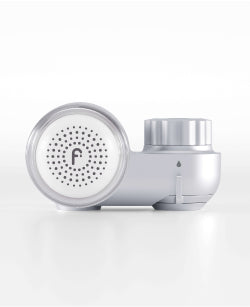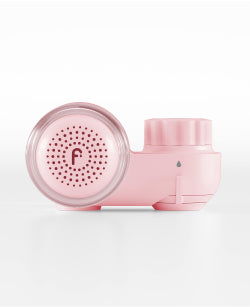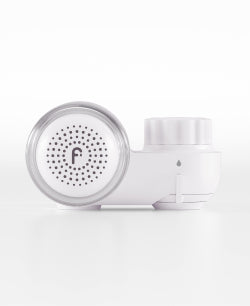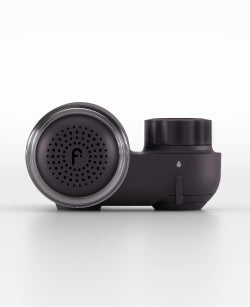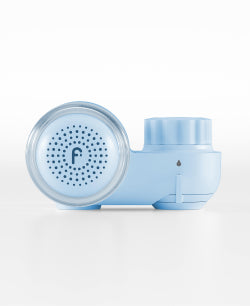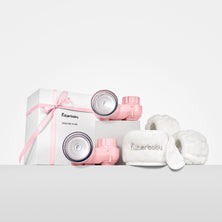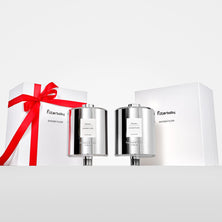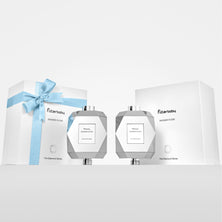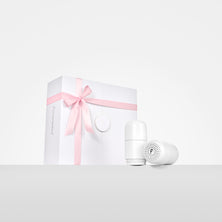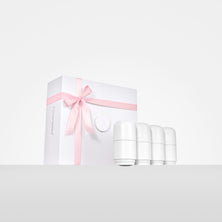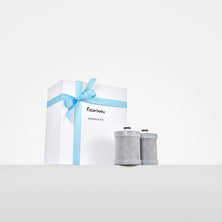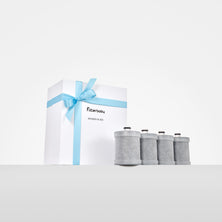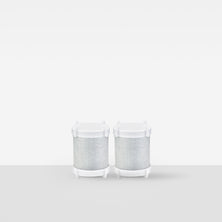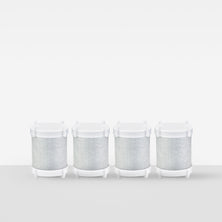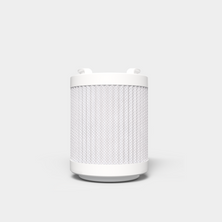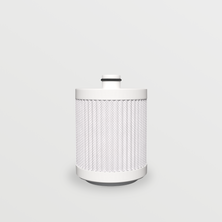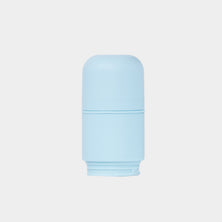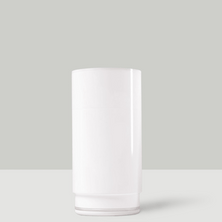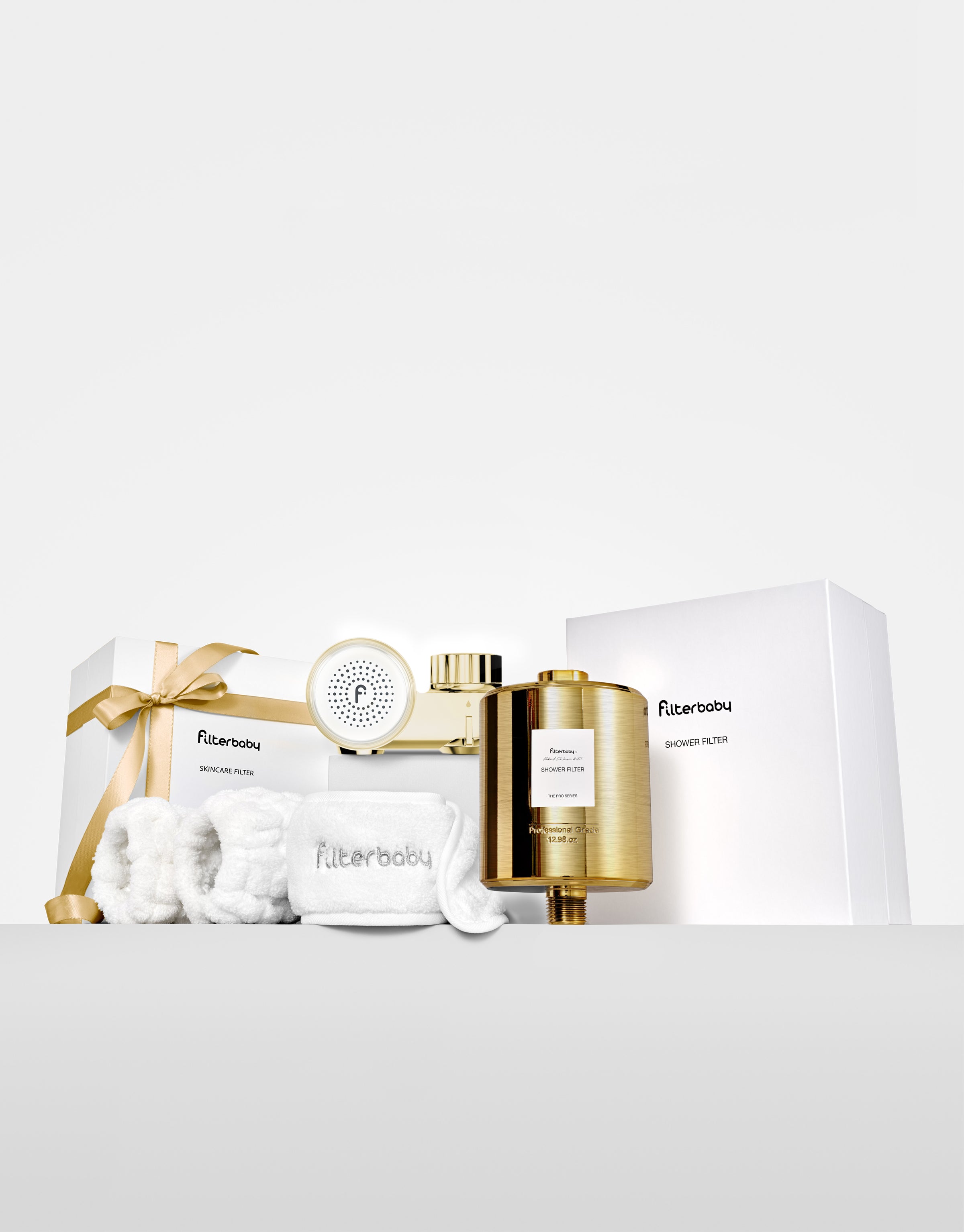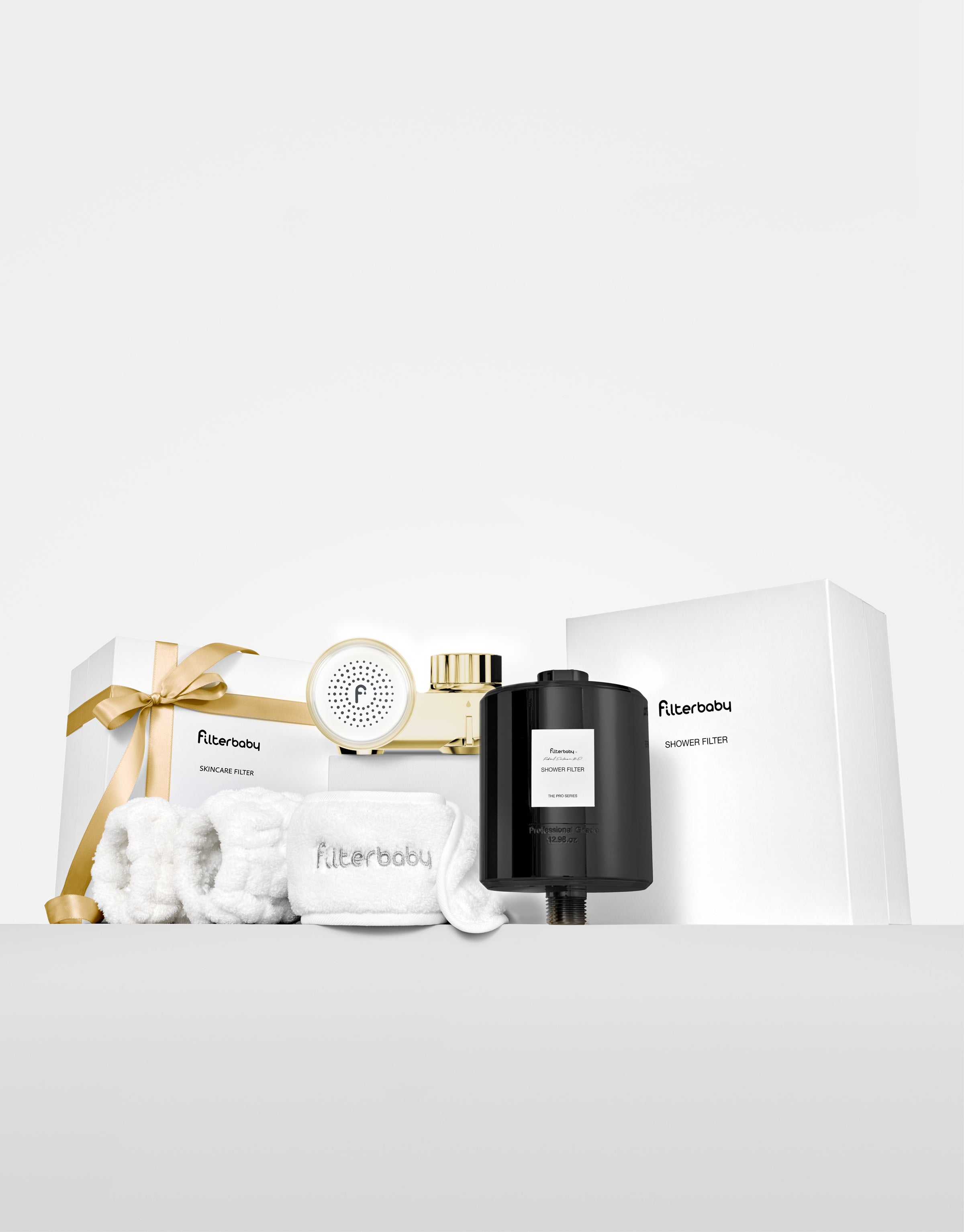Dry skin is something that not everybody has to face. Some people are more likely to get it than others. There are ways to make sure your skin is healthy, gentle treatments and home remedies are some of the ways to make sure it never comes back.
There are a variety of reasons why people have dry skin: using soap with hard chemicals, different skin conditions like eczema and psoriasis, and changes in temperature and/or humidity to name a few.
If you struggle with dry skin, whether it is seasonal, environment, genetic, or a combo of the above, don't worry! We've got you covered.
What Causes Dry Skin?
One of the most important aspects of skin is sebum, an oil that is naturally secreted. Having sebum on the skin is essential to making sure your skin is hydrated.
Skin without enough sebum can become dry.
Dry skin can be the cause of many factors such as:
- Dry Weather
- Cold Air
- Harsh chemical exposure from products
- Excessive skin washing
- Skin pH being unbalanced
- Skin conditions (e.g. psoriasis, atopic dermatitis, seborrheic dermatitis)
- Smoking
- Too much sunlight
- Diabetes
- Hypothyroidism
There are many different ways to treat dry skin. Of course, the best treatment depends on the cause and severity of a person’s dry skin. Treatment varies among normal, oily, dry, or a combination skin types.
Moisturize Everyday
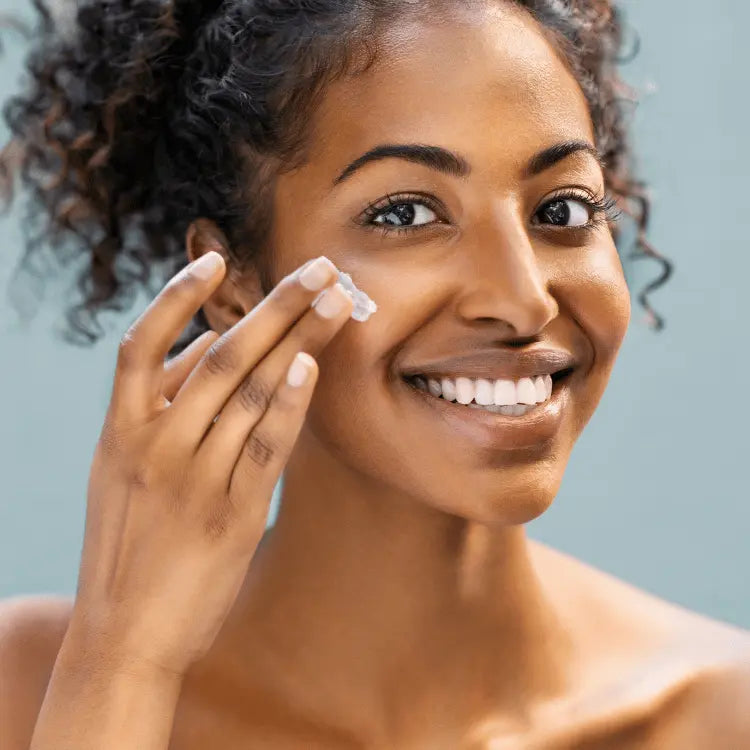 |
Moisturizing every dayprovides many different benefits like improving upon the skin’s natural barrier function and promoting water retention.Moisturizing daily also helps your oil glands, as they don’t have to work as hard to produce oils. |
Moisturizing overnight is also a great help, as it allows for the skin to soak in overnight.
There are many types of moisturizers, so it might take some trial and error in order to find the one that is right for you.
Some beneficial ingredients to look for in moisturizers include ceramides, colloidal oatmeal, and hyaluronic acid.
Some ingredients can actually make your skin dry up faster. If you have dry skin, you should avoid moisturizers with the following products: dioxane, petroleum, alcohols, and artificial fragrances or colors.
Some natural moisturizers can help with dry skin, like coconut oil, shea butter, and aloe vera gel.
Gentle Cleansers
Make sure to use gentle cleansers. Products that have fragrances, colors, and other chemicals can dry out and irritate your skin. It is often better to use mild, fragrance-free cleansers instead.
Some ingredients to avoid would be:
|
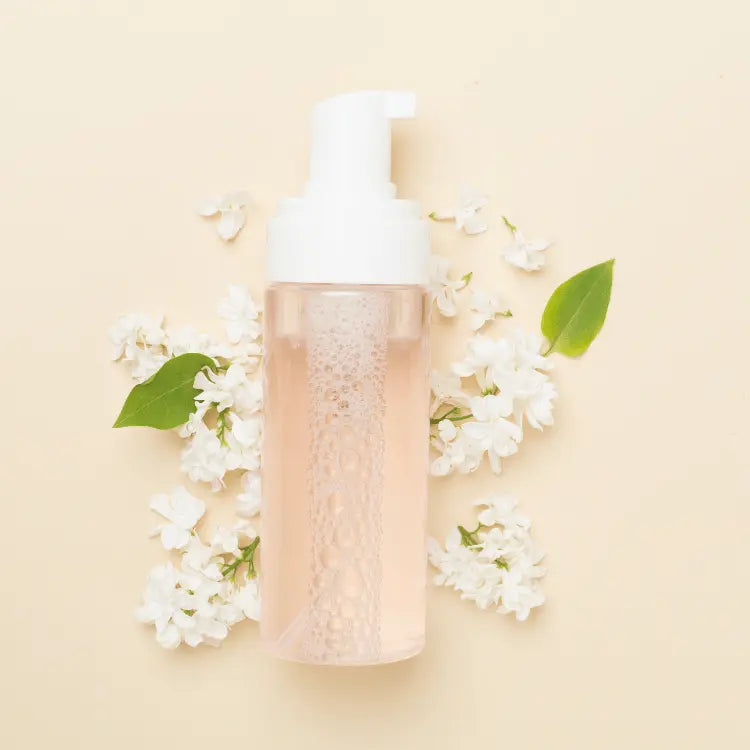 |
Occasional Exfoliation
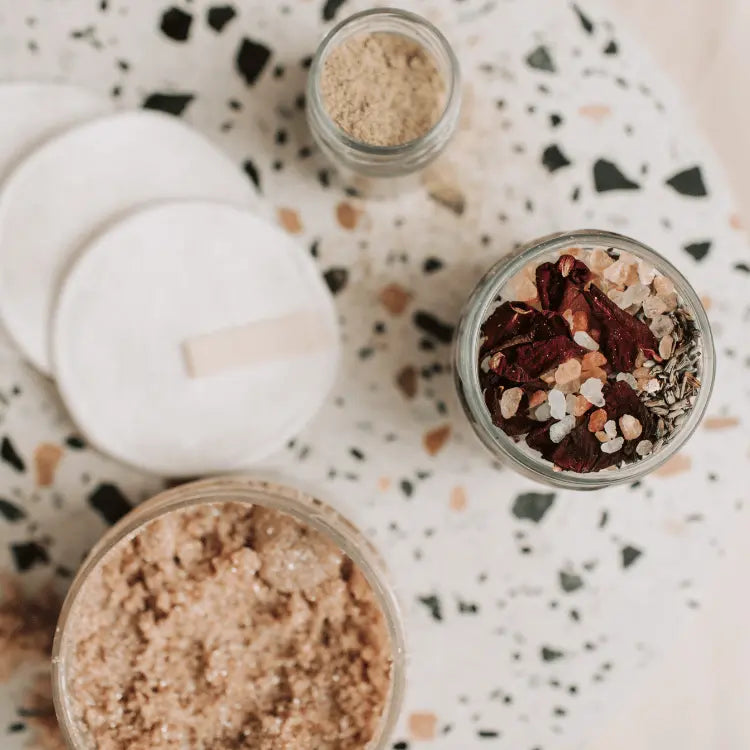 |
The skin has its own process of growing new cells and getting rid of old ones, typically renewing itself in about a month's time. If dead skin cells stick to the surface of your skin, people can notice the dry patches and clogged pores. |
Exfoliation helps remove these dead skin cells, improving the skin’s overall texture as well as reducing dry patches.
My advice is always to exfoliate. Get rid of those dead, dry cells; then the new skin is ready for moisturizing, and you find your inner dewy, youthful glow. It's in there somewhere. - Lulu
Chemical vs. Mechanical Exfoliators
Chemical Exfoliators
Chemical exfoliators include beta hydroxy acids (BHAs) and alpha hydroxy acids (AHAs).
BHAs penetrate into the deep layers of the skin in order to remove those dead skin cells from the pores. AHAs actually dissolve the surface-level dead skin cells. Both of these exfoliators increase cellular turnover, keeping the skin soft.
Mechanical Exfoliators
Mechanical exfoliators can include exfoliating washcloths, cleansing brushes, and facial scrubs.
Exfoliation using these methods physically removes dead skin cells from the surface of your skin.
How to Exfoliate
You can use either mechanical or chemical exfoliation, or both in order to try and get rid of that dead skin.
Be careful, over-exfoliation can actually make dry skin worse. Make sure you are vetting the products before by doing a small test study with the product. Use it one a small part of your face, and wait a couple of days to make sure there are no negative effects before using it more often.
Do not exfoliate every day, as this can cause irritation and dry out skin even more. Moisturizer is essential. Use it right after exfoliation to lock in all of the hard work.
Don’t Use Hot Water
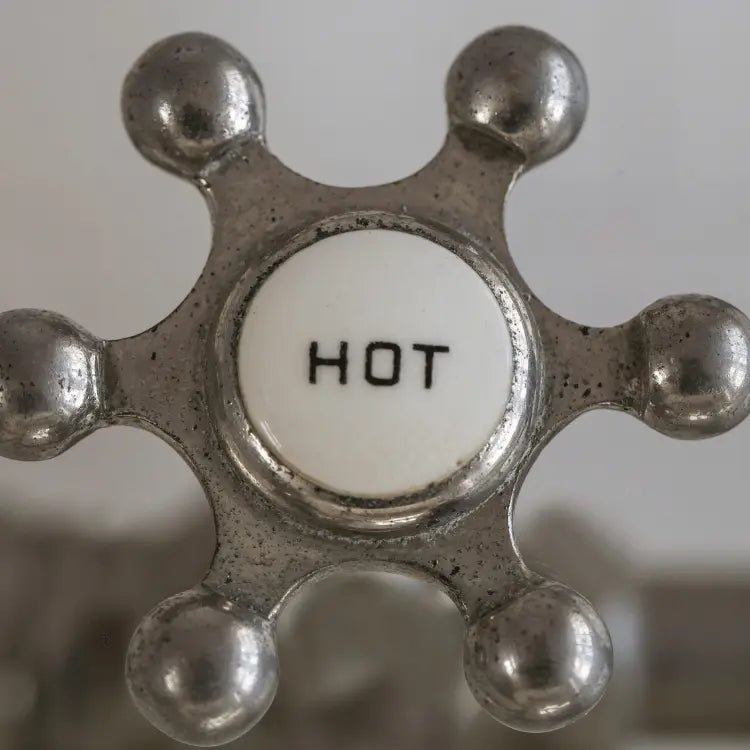 |
Hot water on your skin has been proven to strip away one of the natural defenses of your skin: its oils. Make sure you are using warm water when washing and bathing. |
Long showers can also prove detrimental. 5-10 minutes should be the maximum time spent in the shower.
Always moisturize afterward.
Use Clean Filtered Water
Unbeknownst to many, your tap water might be one of the reasons why your skin is dry and flakey. The water that comes out of your faucet can actually possess contaminants that strip away moisture, make your skin inflamed and infected, and negatively affect your skin's epidermis. These contaminants are exactly why derms recommend distilled water and micellar water to their patients with sensitive, reactive skin.
So how do you get better water for your skincare without hauling gallons of distilled water around with you? The FilterBaby PROdermis faucet filter is designed to trap and dissolve common tap water contaminants as small as 0.1 microns. Chlorine, TTHMs, pesticides, microplastics, 2-MIB, and a myriad of other contaminants stay away from your delicate facial skin so your new dry skincare routine can really glow.
By installing a Filterbaby on your faucet, you will have eliminated another variable that could have been detrimental to the health of your skin.

Why Lukewarm Water is Better for Skincare
Lukewarm water will always have the best effect on your skin. Hot water might irritate and dry out your skin. Cold water doesn’t do the best job of removing the grime. Warm water helps with the dirt while simultaneously preserving your skin’s oils.
Do Use a Humidifier
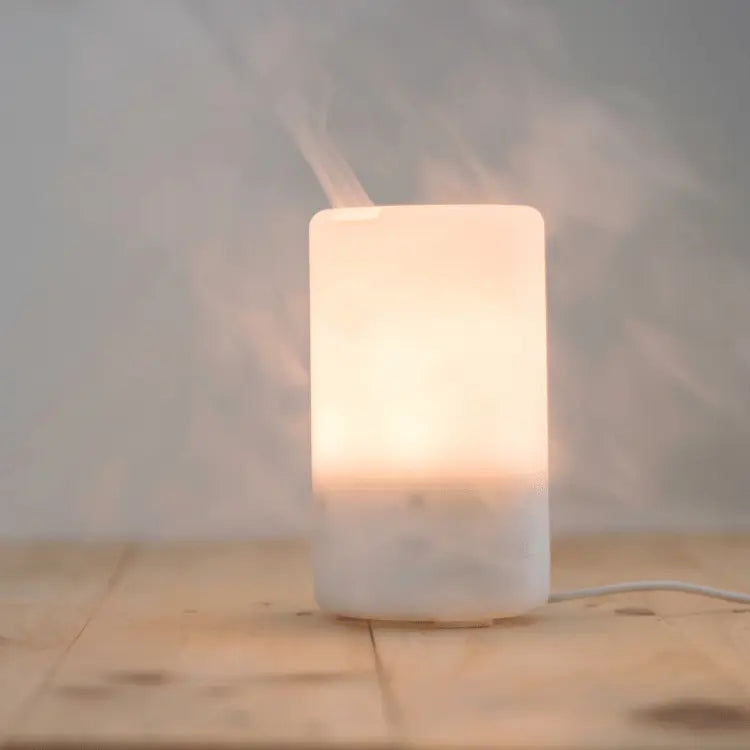 |
Humidifiers help by adding moisture into the air. Consistent running of air conditioning and heating inside removes the moisture from both your skin and the air. |
Humidifiers help mitigate that negative effect, ensuring moisture in the air is not stripped away.
And Drink More Water
Drinking water is an essential part of making sure your skin looks young, as it maintains your skin’s elasticity. Drinking large amounts of water can help prevent scarring, wrinkling, and soft lines, as well as decrease signs of aging.
Take good care of your skin and hydrate. If you have good skin, everything else will fall into place. - Liya Kebede
Drinking water is essential to keeping that glow about you.
Use Sunscreen Everyday
The sun is a deadly laser. Sunlight, while obviously doing a lot of good for life, can have many negative effects on your skin. Solar radiation can cause you to get even drier skin.
I have sunscreen on my face every day. If I’m walking on the sunny side of the street, I’ll walk to the shady side. - Julianne Moore
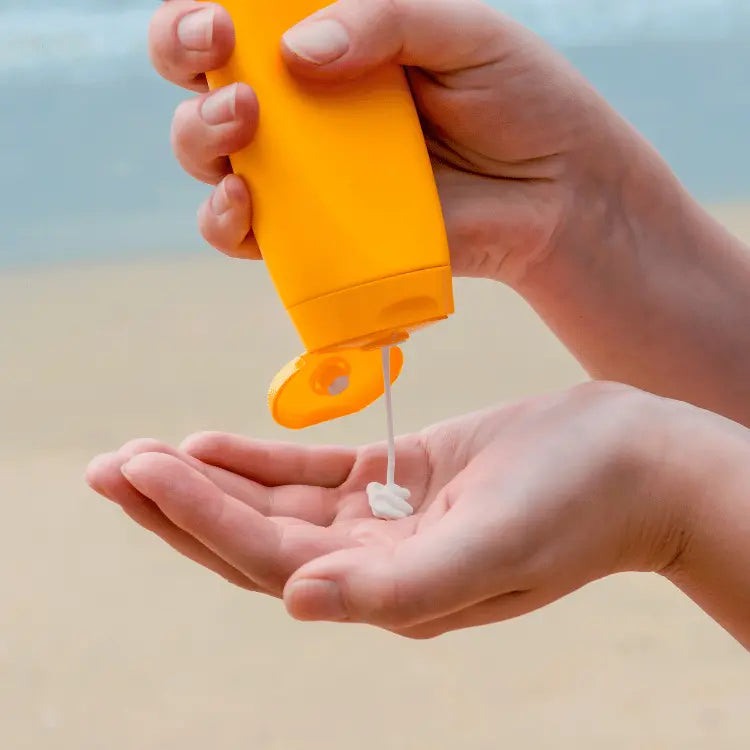 |
In order to protect your skin, make sure to wear sunscreen every day and limit your time in direct sunlight. |
Seek a Dermatologist
A professional opinion is always going to help. Everybody’s skin is different, so speaking to a dermatologist will help you make the best decisions when it comes to your own skincare.
